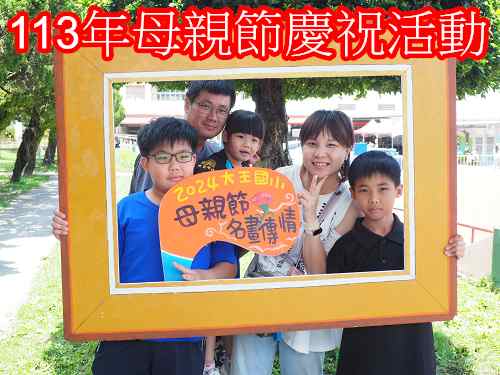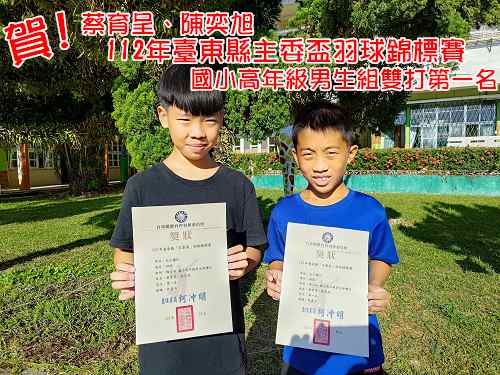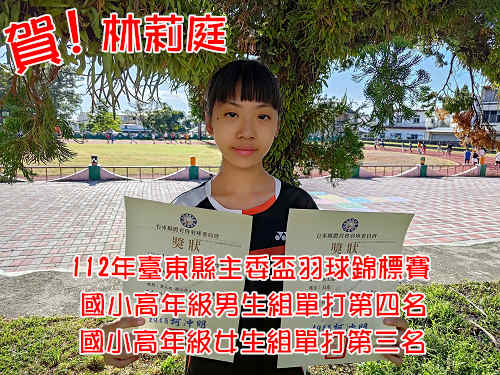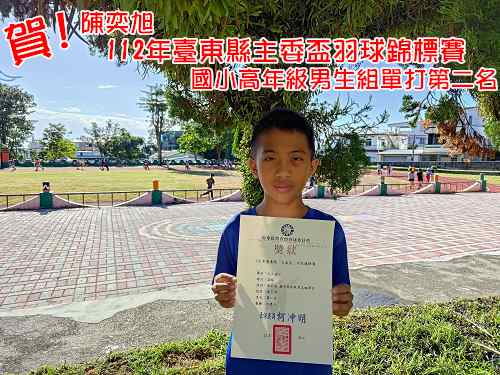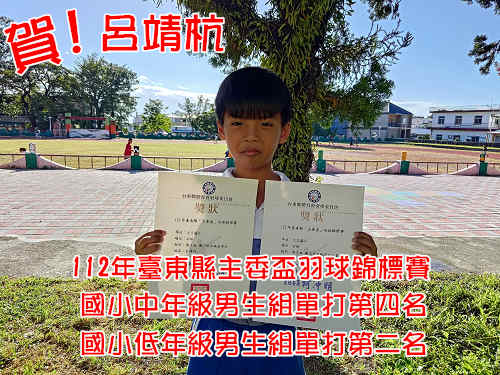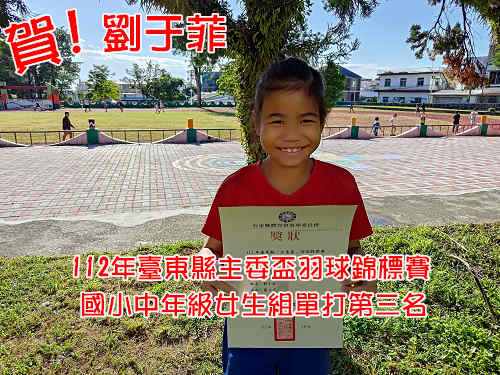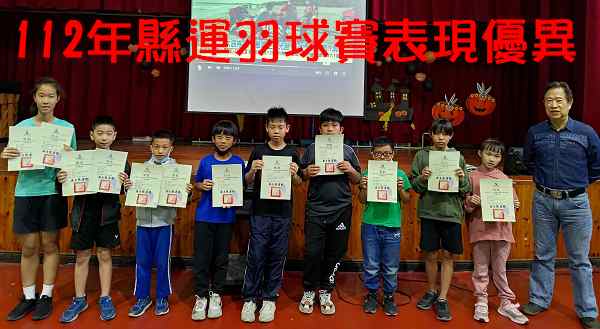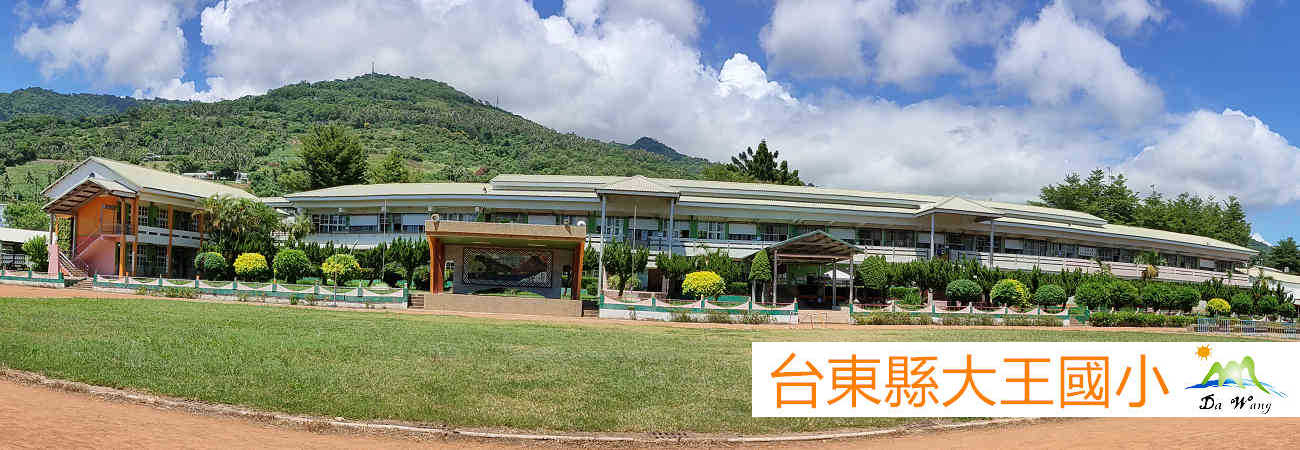關於大王
大王國小設立於西元1901年,為百年老校,位於太麻里鄉金針山腳下,前臨太平洋、後倚金針山,附近物產豐富,6成家長務農,孩子質樸純真,原住民學生佔四成,新住民學生占兩成,學校位處於多元文化環境。 本校設普通班7班,資源班2班,教師總數17位,學生共計146人(不計幼兒園師生),校區位於太麻里鄉行政經濟中心,是台東大武線四個鄉鎮中最大型學校,教師教學認真,流動率低,富教育熱誠。 社區農產資源豐富,釋迦、洛神等經濟作物聞名全台,本校利用行動載具,將資訊結合食農教育融入語文自然、社會、綜合及藝文等課程領域實施,提升孩子自信與學習興趣,建立本校特色食農課程。
因此,我們設計了大王國小自己的食農教育課程,希望孩子能從實際耕作了解人與環境的關係,藉著整地、澆水、灌溉、觀察等和土地對話,以培育兒童關心鄉土的心,傳承在地飲食文化並期許孩子以分組學習的方式,培養21世紀兒童所需要的主動探索、培養訊息檢索能力、自我思考能力,進而獲得農作知識,珍惜食物,瞭解永續經營的概念。
Introduction of Da-Wang Elementary School
Founded in 1901, Da Wang Elementary School is located under the hillside of Day Lily Mountain. The front gate of the school faces the Pacific Ocean, while the back of the school leans on the beautiful Day Lily Mountain. Our school is surrounded by an abundance of agricultural products. 60% of our schools’ parents work as farmers in the surrounding area. Most of the children are pure and innocent. Da Wang immerses the children in a multicultural environment. 40% of our students come from Taiwanese aboriginal backgrounds, such as Amis and Paiwan tribes among others. 20% are new immigrants, and the remaining 40% are of Taiwanese and Hakka cultural background.
The school is home to 7 normal classes and two resource class. We have 17 teachers total whom instruct 146 students, not including the students who attend Da Wang Kindergarten. Da Wang Elementary School is the largest school among the four counties on the Taitung—Dawu line. The school is located in the administrative and economic center of Taimali region. The teachers at our school are hardworking and are passionate about teaching our students. The turnover rate of teachers is quite low, which demonstrates the stability and welcoming nature of our school community.
Our community is home to abundant agricultural commodities, including many famous Taiwanese cash crops. Our most abundant harvests include custard apples and roselles. One of the major features of our school is to utilize mobile devices to integrate technology into our students’ learning. This technology is integrated into many different courses including Chinese, science, social studies, comprehensive courses, art, humanities and the like. This aspect of our school is important as it grows the children’s confidence and increases their motivation to learn.
Therefore, we design our own unique food and agricultural education curriculum. Through teachings on land leveling, watering, irrigation, observation and the conservation of our land, we hope the children can learn more about the relationship between people and the environment with practical knowledge so as to grow a hometown love in the children’s hearts and carry on the tradition of producing food locally. Furthermore, we hope children learn how to work in teams and develop other abilities including self-directed learning and researching. We also hope they strive to gain more knowledge about agriculture, to cherish the food and to fully understand the concept of sustainable development.

